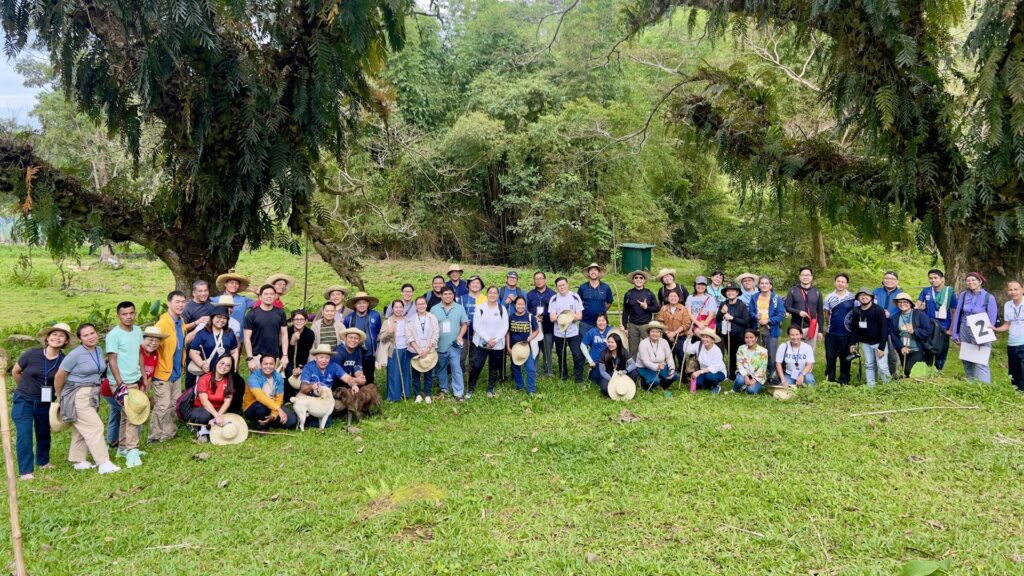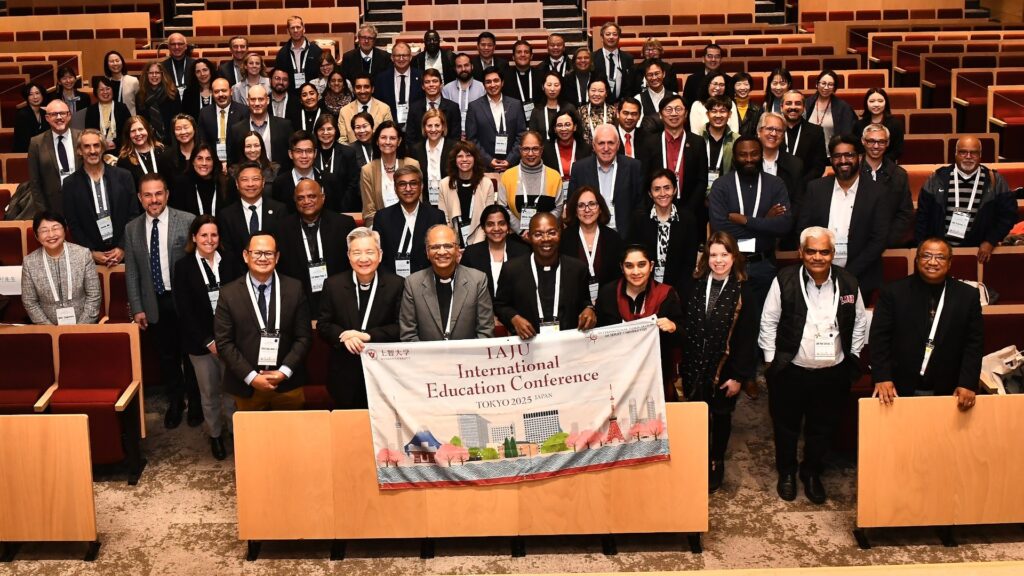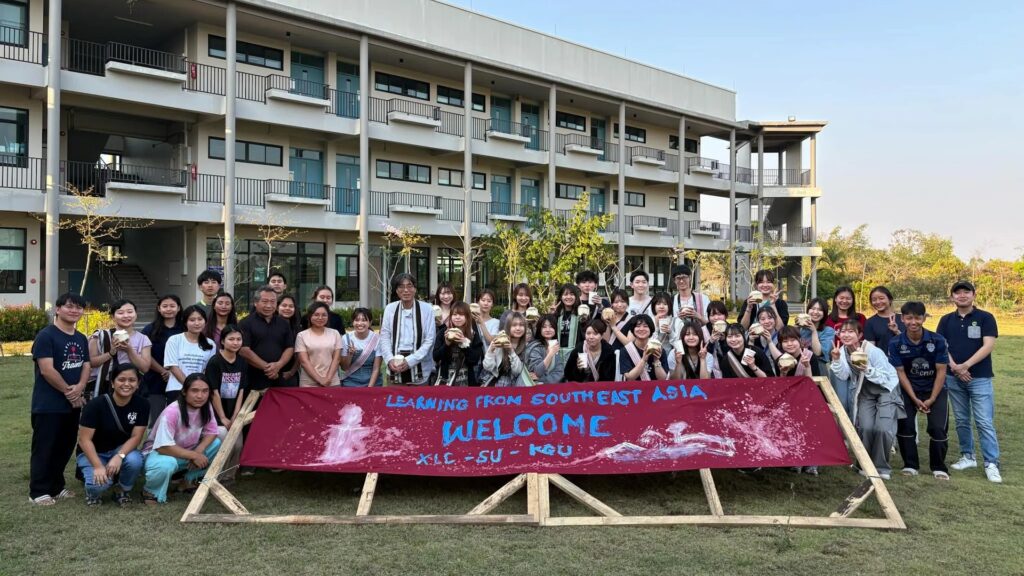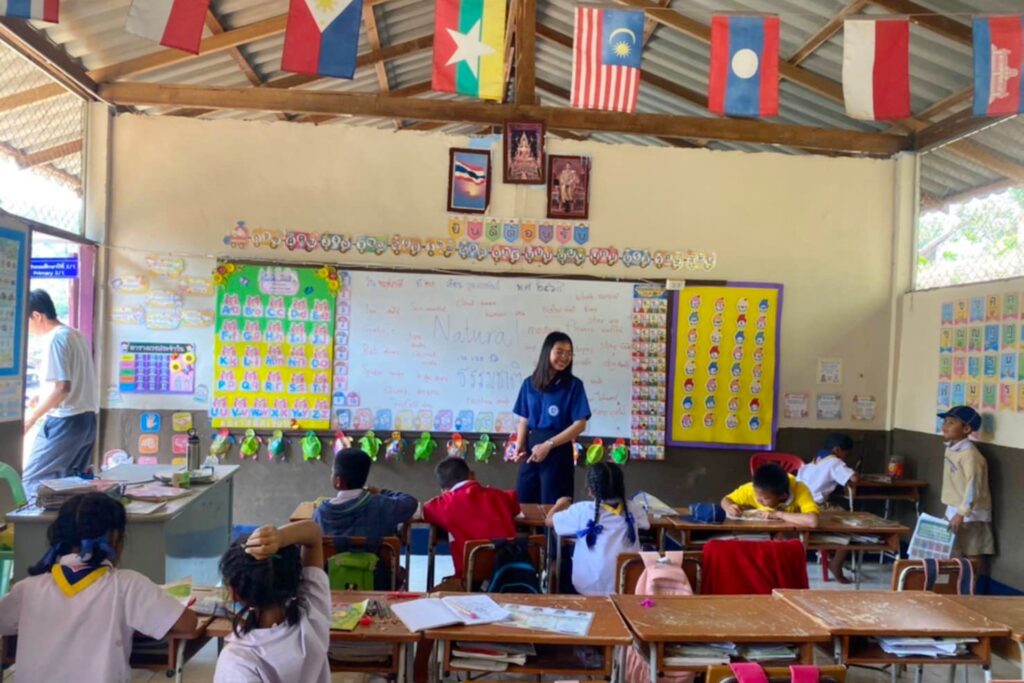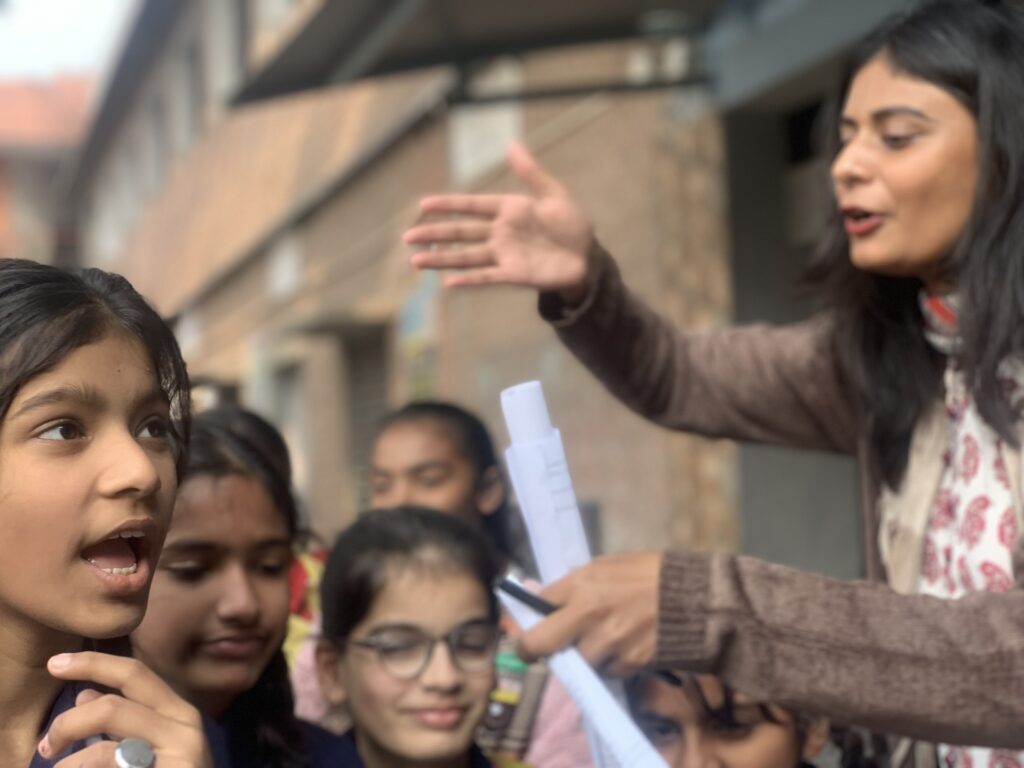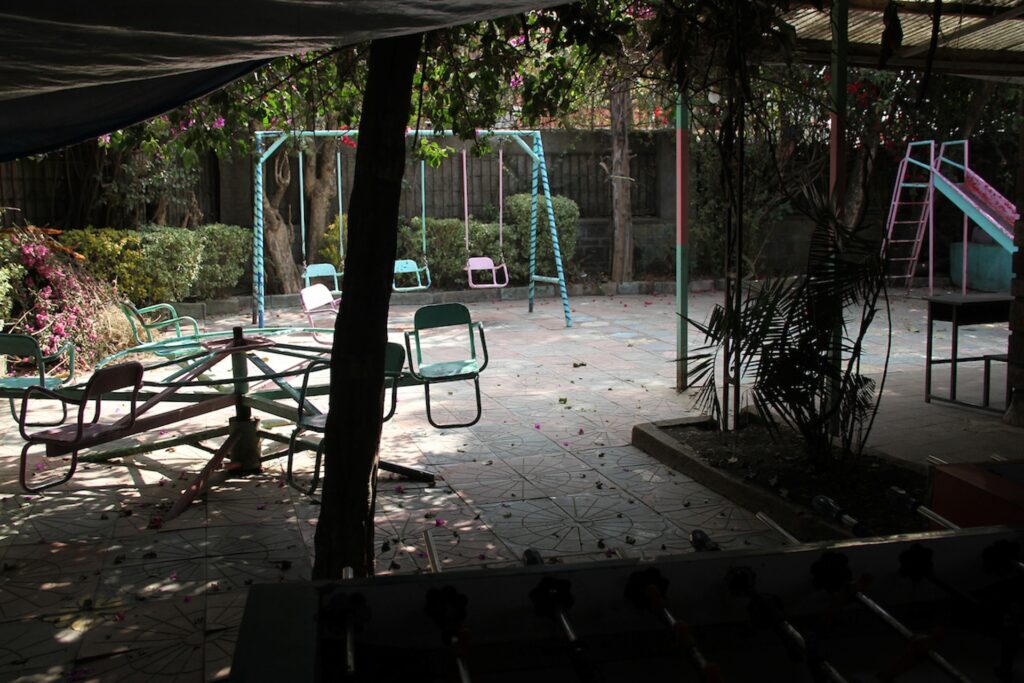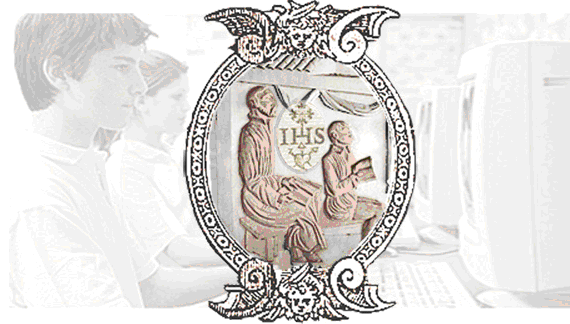
The annual Symposium first reflected on Ratio Studiorum as a fundament of Jesuit experience in education and then focused on humanistic and integral dimensions of that education brought to Asia by Ricci and his Jesuit followers in XVI and XVII centuries. It also put attention to the diverse Asiatic traditions and models of Jesuit education acculturated in such places like Japan, China, Taiwan, Korea, Vietnam, Hong Kong and Macau, as well as presented new trends of outstanding Jesuit education nowadays in USA and Australia.
For more information on the Symposium please visit the website:http://www.riccimac.org/eng/symp2009/index.htm.
In 2010 the Institute will be carry in Macau a one-day International Workshop on Modern Philosophy and Literature entitled Beyond Postmodernity: “Doubt, Time and Violence in Philosophical and Cultural Thought” (Feb 2, 2010) as well as co-organize and run two International Conferences on Matteo Ricci heritage, one in France ( Artois University) and one in Poland ( Poznan University). It will also produce a bilingual, Chinese-English book on Matteo Ricci entitled From Macerata via Macau to Beijing – Matteo Ricci’s inner journey to Forbidden City”, which gathers four outstanding contributions written conjointly by Prof. Gianni Criveller and Dr. César Guillen-Nuñez from Macau Ricci Institute.

